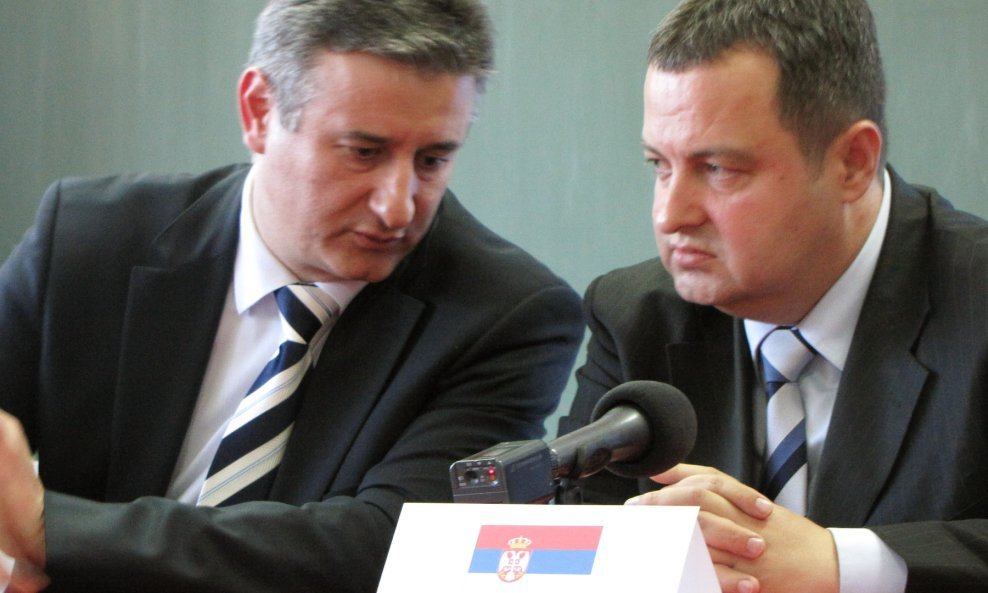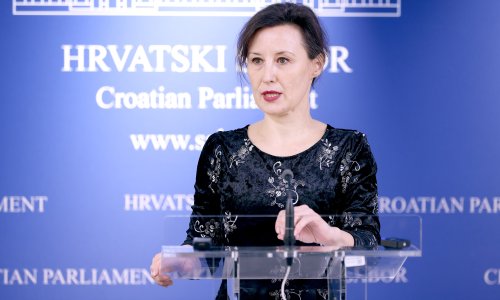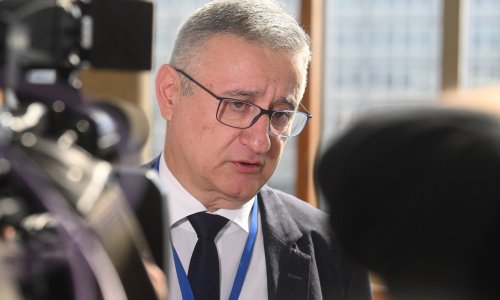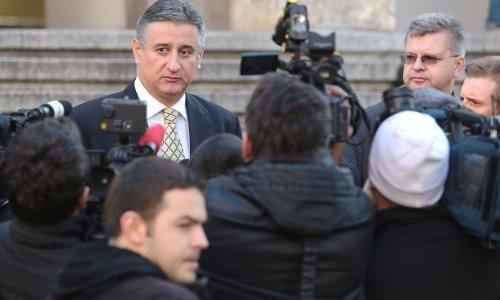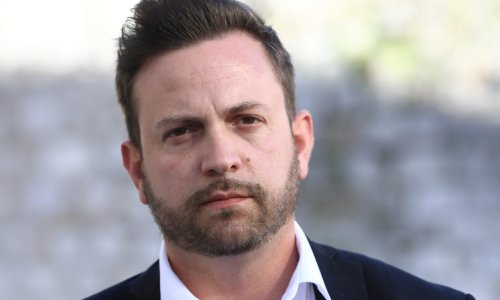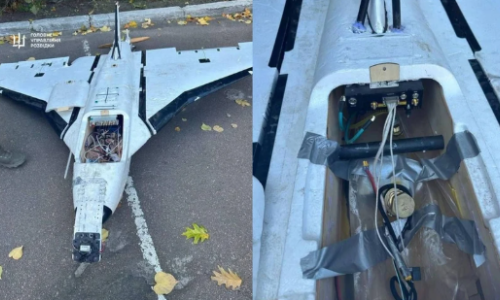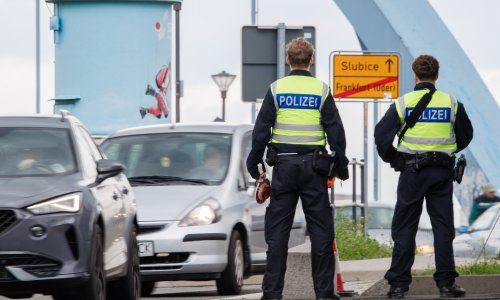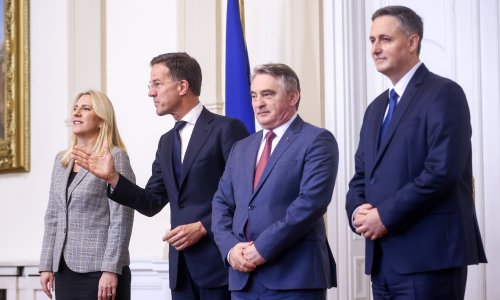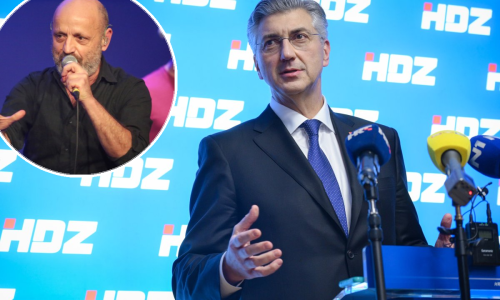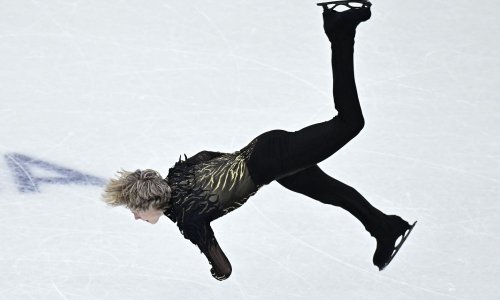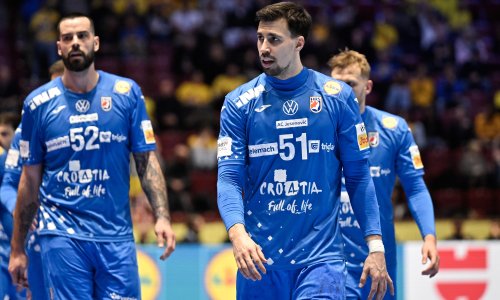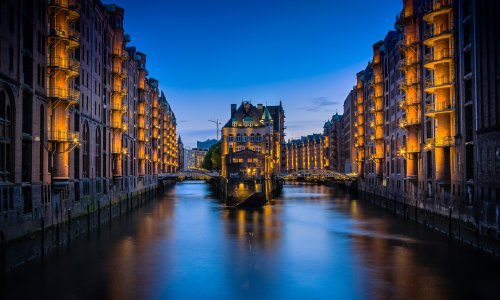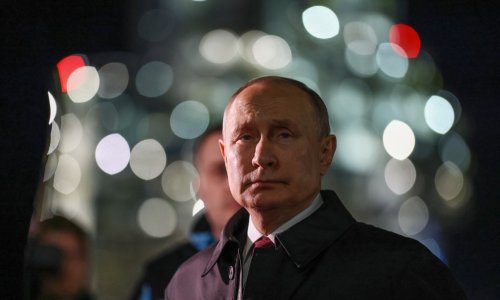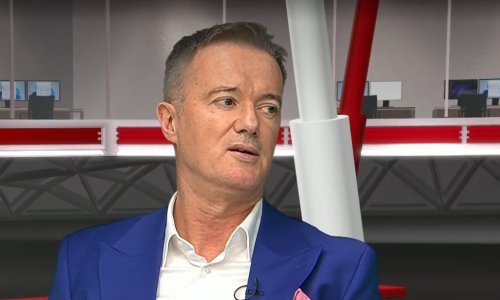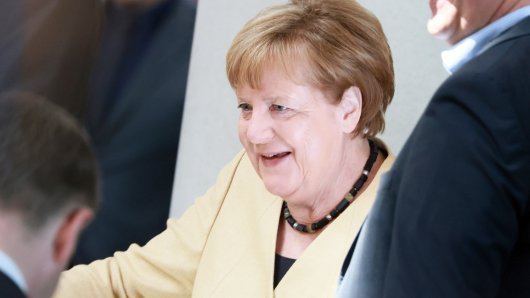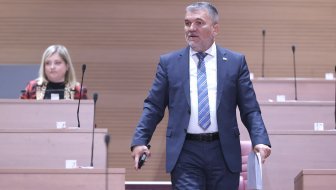Croatian Interior Minister Tomislav Karamarko has said that the establishment of a regional centre for the struggle against organised crime will be the response of the interior ministries of Croatia and Serbia to connections forged among gangs in the region.
In his interview with the Belgrade-based Politika daily on Sunday, the Croatian minister called on other countries in the region to join in the fight against organised crime and terrorism.
Karamarko expressed satisfaction with the media coverage of the initiative of the Croatian and Serbian criminal justice authorities.
The positive presentation in the media can have a good impact on the decision of other countries in the region "to join in our anti-mafia coalition," he said.
It can be expected that the centre's activities in Croatia and Serbia would lead to the dislocation of crime gangs and their movement into other countries. However, our objective is to completely thwart their criminal activities and not to just make them move away from our two countries, he said explaining why it is necessary for other countries to get engaged in this anti-mafia coalition.
Commenting on the exchange of information between the authorities of Croatia and Serbia, the minister said the results were most visible in the solution of the assassination of the Nacional weekly's co-owner Ivo Pukanic and his business associate Niko Franjic as well as in the solution of the robbery of a post office in Split.
The crime investigation in the Kalinic-Simovic case is proceeding well," Karamarko said referring to a shootout between Sretko Kalinic and Milos Simovic, reportedly Serbian mobsters, outside Zagreb last month.
After the incident the seriously wounded Kalinic was admitted to hospital in Zagreb, Simovic was arrested by the Serbian police while trying to illegally cross from Croatia into Serbia.
Both Kalinic and Simovic, convicted in absentia of the assassination of Serbian Prime Minister Zoran Djindjic in 2003, had been beyond the reach of Serbian authorities since then.
Karamarko expressed hope that the exchange of information in relation to those two men would also help solve some other serious crimes implicating members of the so-called Zemun underworld gang.
The minister said he did not expect difficulties in the extradition of Kalinic, who is currently kept in detention in Zagreb, to Serbia, but stressed that it was difficult to prejudge the outcome of the procedure adding that the relevant Zagreb County Court would have a final say.



